How to increase the efficiency of solar panels
The efficiency of a solar panel is an important factor when using it as a viable power source. Solar panels are making leaps and bounds when it comes to the technology being improved and researched. PowernSun is constantly discovering new ways to make panels more efficient and effective, which is good for those who are looking to invest in the solar energy system, as well as those who already have installed solar panels. Of course, solar panels still aren’t quite as efficient as we would like, and research is still being carried out to help improve this. However, there are plenty of things you can do to make sure that your panel is as efficient as possible.
Here are our top 5 ways, you can improve solar panel efficiency and obtain the best possible output of electricity.
Choosing the right solar panel for your project
Solar panels are made up of photovoltaic cells, and it is these cells that convert solar energy in the form of sunlight into usable electricity. Although, a solar panel can’t transform all the solar energy it receives into electricity. Therefore, the efficiency of solar panels is the percentage of energy hitting the panels that the photovoltaic cells convert into electricity.
Solar cell technology has come a long way in the past five years, and average solar cell efficiency has increased from about 15% to 20%. However, not all solar panels are created equal, and the material and structure of a model determine its efficiency.
So, when you select your solar panels for the project, the choices you make can affect the efficiency of your solar panels. Here are 3 types of most used solar panels, Check which is better for your project.
- Monocrystalline Solar Panels (Mono-SI)
| These types of solar panels (made of monocrystalline silicon) are the purest ones. You can easily recognize them from the uniform dark look and the rounded edges. The silicon’s high purity causes this type of solar panel to have one of the highest efficiency rates, with the newest ones reaching above 20%. |
- Polycrystalline Solar Panels (Poly-SI)
| These types of solar panels are made of melting raw silicon, which is a faster and cheaper process than that used for monocrystalline panels. You can easily recognize them from its squares and angles are not cut, it has a blue, speckled look. These panels have a lower price but also lower efficiency (around 15%), and a shorter lifespan since they are affected by hot temperatures to a greater degree. |
- Thin-Film Solar Cells (TFSC)
| These types of solar panels are manufactured by placing one or more films of photovoltaic material (such as silicon, cadmium, or copper) onto a substrate. These types of solar panels are the easiest to produce and economies of scale make them cheaper. These panels have a high price and lower efficiency (around 7-10%), and a shorter lifespan. They are also flexible—which opens a lot of opportunities for alternative applications—and are less affected by high temperatures. |  |
Correct Installation
Ensuring that the solar panel system is installed correctly is more essential than you might think. Poor installation can lead to incredible inefficiency that does not provide a great amount of power.
The Government-approved installers are the best way to go, and you can find them online that will show you each of the licensed and qualified companies available in your local area. They are professionals with a great deal of experience, which should give you peace of mind when it comes to installation. These professionals are going to have a correctly installed solar panel system and one that works at the correct efficiency levels. Plus, if anything did go wrong, these installers leave you with a guarantee – protecting you.
Avoid the Shade and the Dirt
The shade can be deadly for solar panels. When you go to have them installed, you need to make sure that there are no branches, chimneys, aerials, or other items that will cause shade over your solar panels between the peak hours of 9 am and 3 pm.
If you have shade over solar panels, you can end up losing up to half of your solar efficiency for each panel that is obstructed. This is a huge amount, so take it into careful consideration when you go to have them installed and make sure that your roof space will be clear of any shadow.
Performance Monitoring System
Solar monitoring systems provide a real-time snapshot of solar energy production data from your home solar system. A good monitoring system can tell you when one or more panels isn’t producing as much energy as others, or whether there’s some sort of electrical fault causing you to miss out on precious kilowatt-hours (kWh).
You can use solar monitoring to track your system’s performance over time, assist in troubleshooting various problems, track your solar investment’s financial performance, and give you peace of mind that everything is working as it should. If there’s less output, it will detect the fault and let you know that panels need to clean or change. By doing this, you can monitor the output over time and detect any unexpected decreases in power.
Maintenance
Solar panels do not require a great amount of maintenance, and they don’t tend to need any to keep running. However, they do get a little dusty and dirty throughout the year, which means that they need to be cleaned a few times throughout the year to keep them running at optimal levels.
If they get dusty or dirty, grab some warm water and a soft sponge to wipe the solar panels clean. If your solar panel is quite high up on your roof and you feel like it could be a little risky to get up, don’t be afraid to call the professionals.
Over the year, dust and dirt may only cause a 5% decline in output. However, if they get very dirty — perhaps in a location that does not get regular rainfall — the output decline can be greater than 20%. Therefore, cleaning your solar panels once a year is a pretty good idea.
Conclusion
So solar panels are a way of saving money and reducing their impact on the environment. However, if solar panels aren’t installed, maintained, and monitored correctly, you likely won’t achieve maximum efficiency when it comes to electricity output.
These 5 tips should help you improve solar panel efficiency and maintain optimal performance levels, saving you money and reducing your electricity bills.
Related post :
How Many Solar Panels Do I Need in UAE
How Shams Dubai Net Metering Program Works

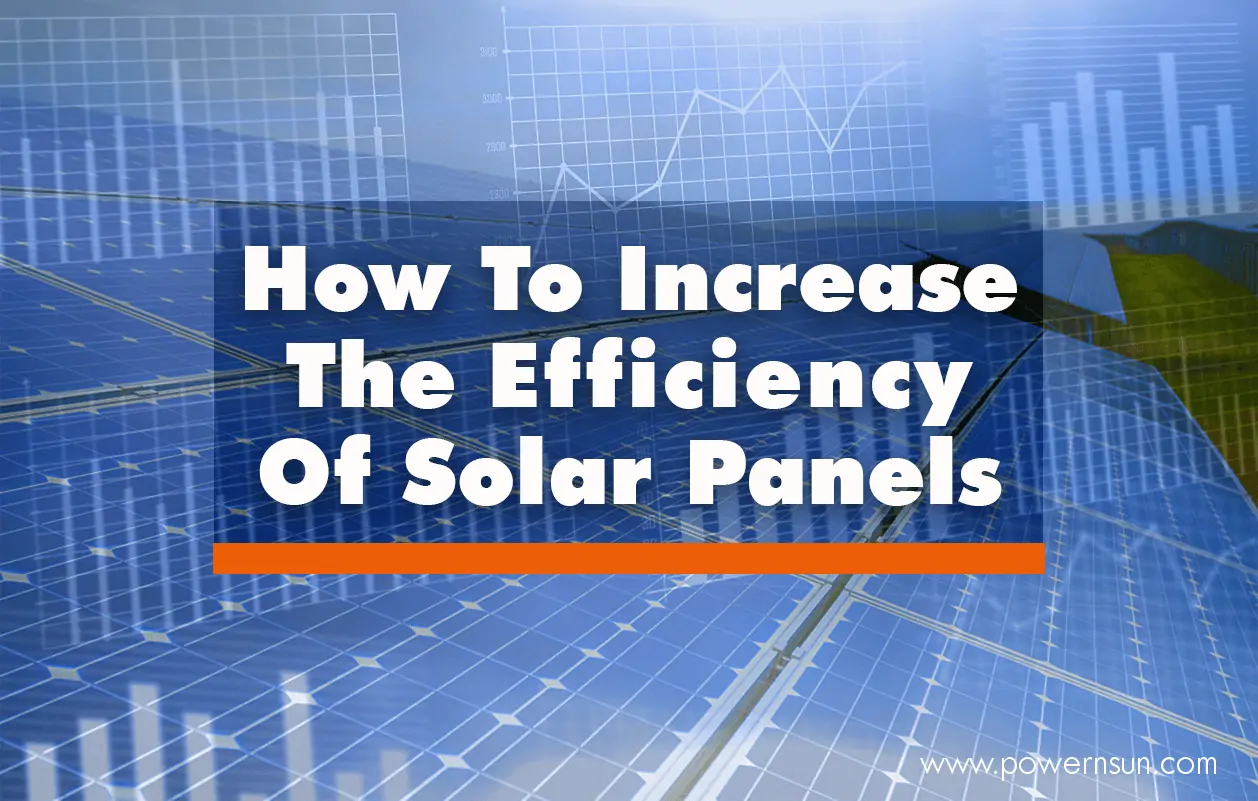
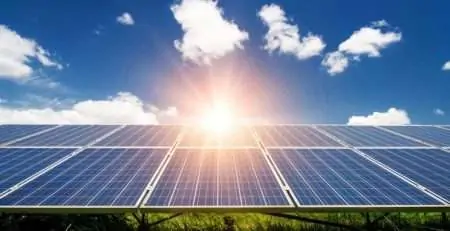
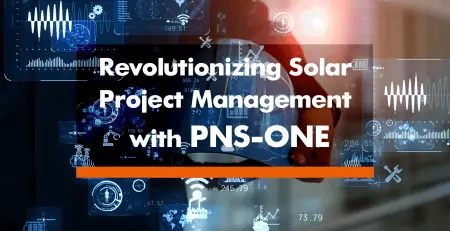
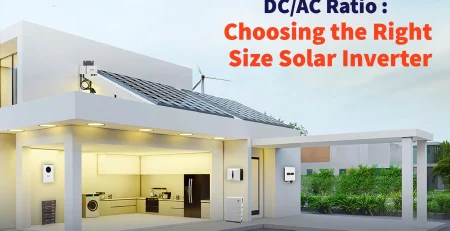
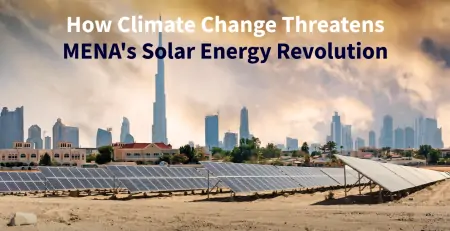
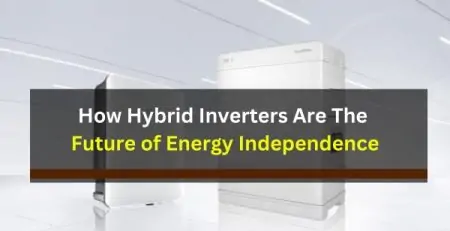


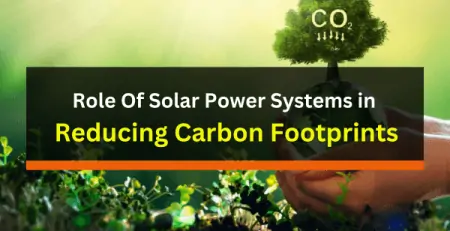

Leave a Reply